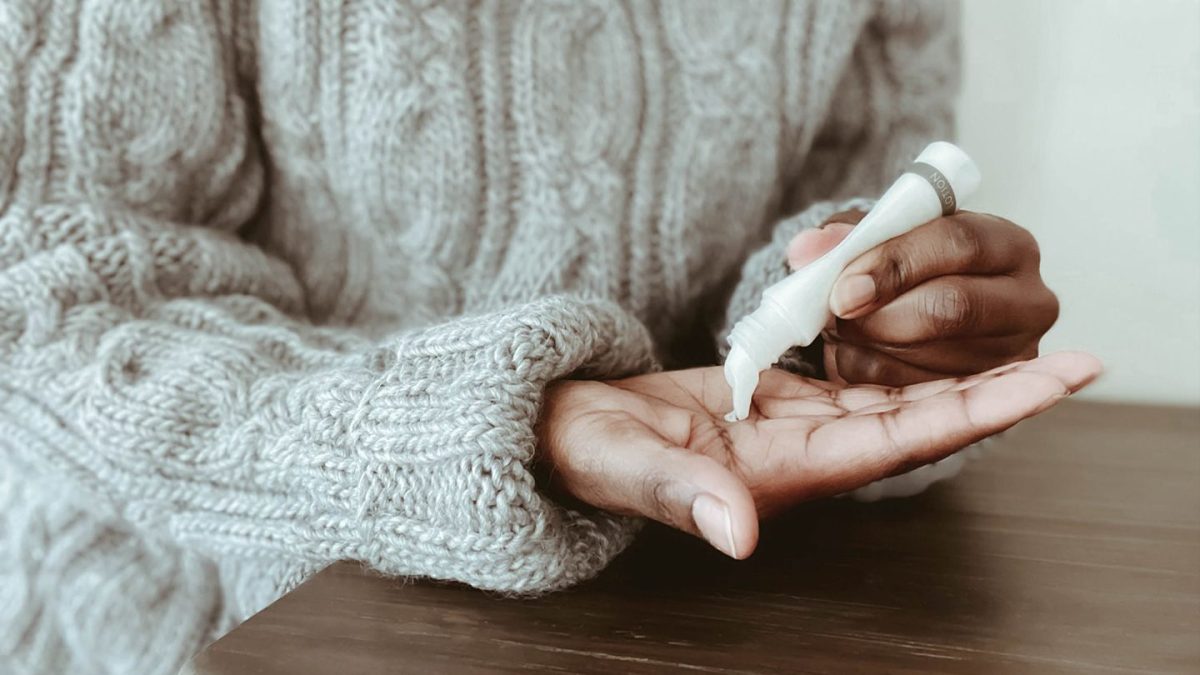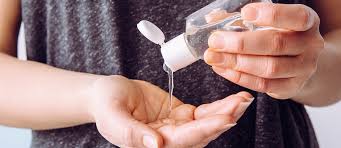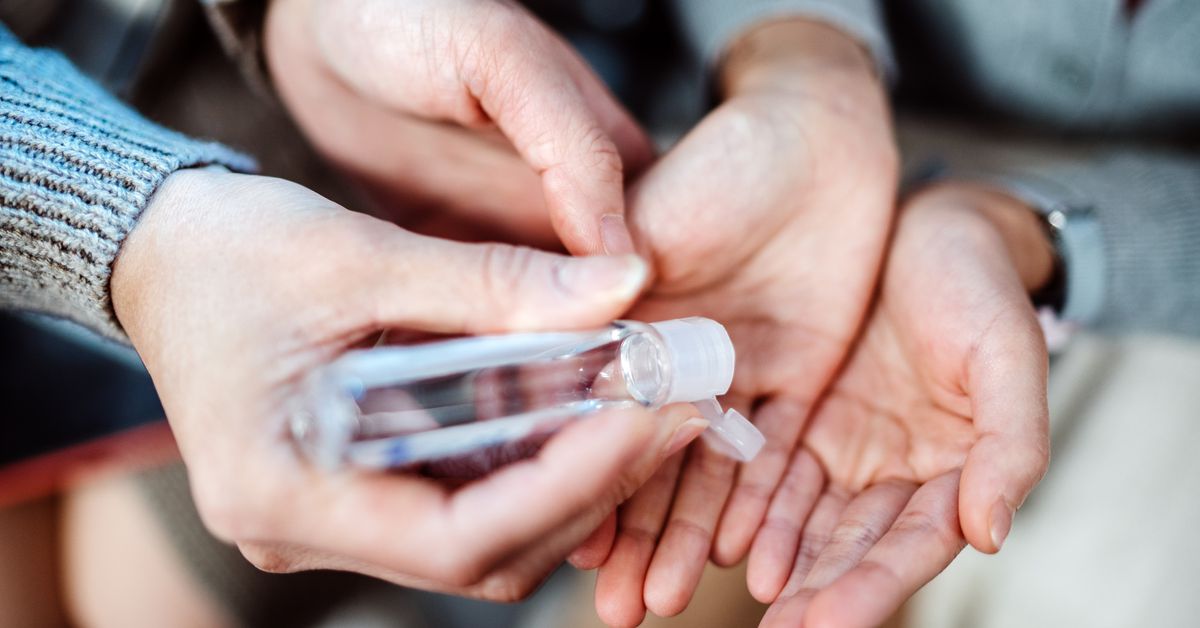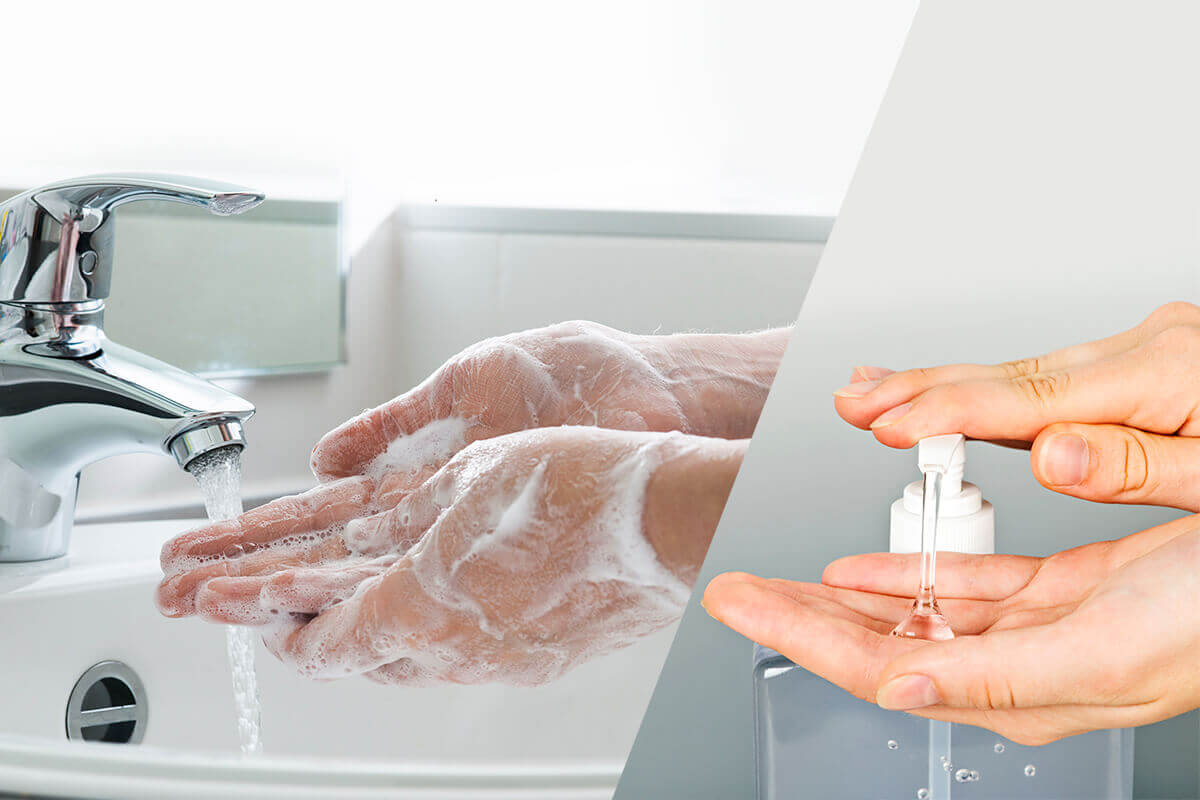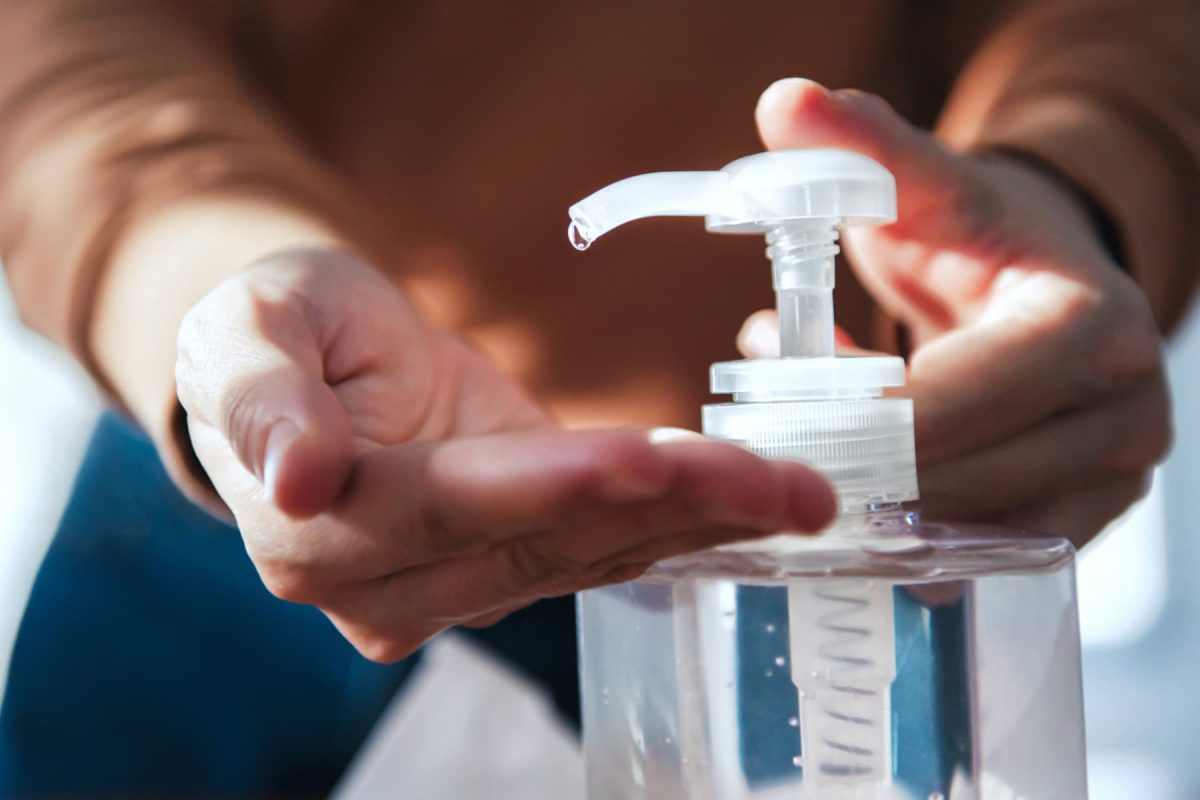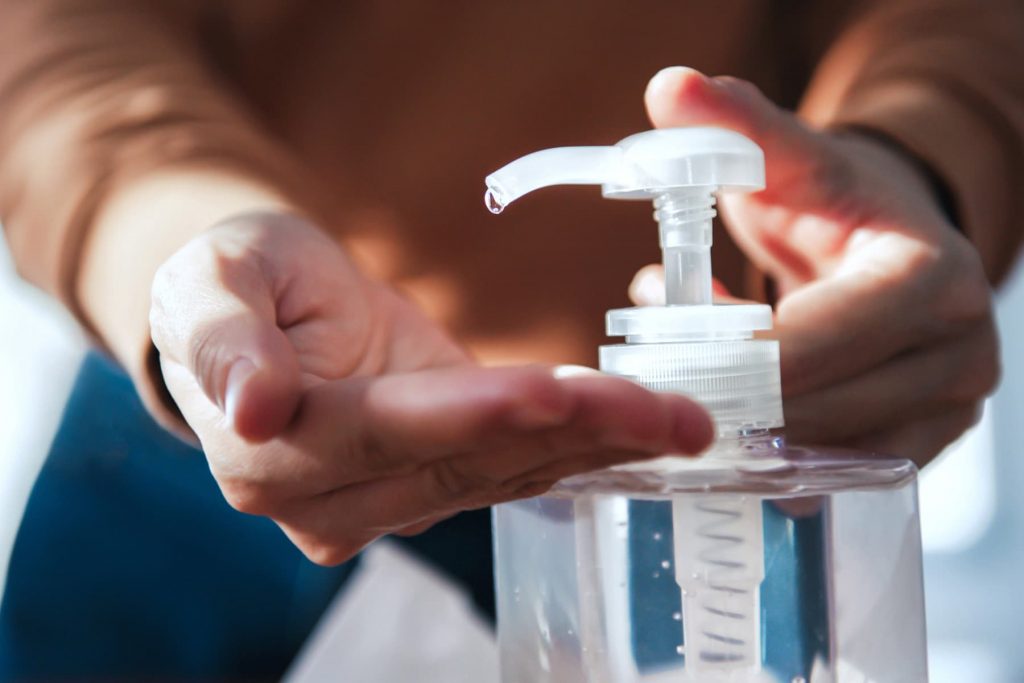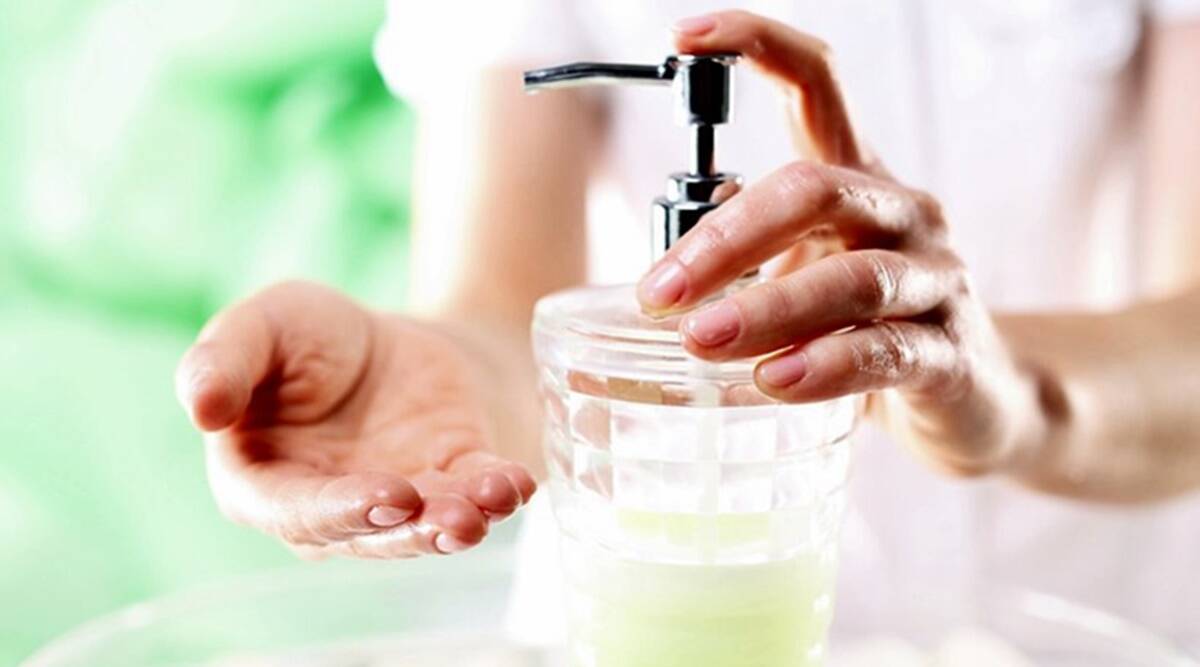Frequent hand washing and sanitizing is an important method for preventing the spread of bacteria and viruses. However, they can also be extremely drying to your skin, which is not only uncomfortable but can lead to a weakened barrier for bacteria and viruses to penetrate. Germ prevention and skin care can go hand in hand. We’ve put together some tips to relieve the dry skin caused by frequent hand sanitizer use.
Understand What Causes Dry Skin
Washing or sanitizing your hands can also strip the natural and protective oils from your skin. These oils often help retain moisture, which alcohol based sanitizers strip away.
Avoid Harsh Ingredients
One way to prevent dry skin is to use soaps and sanitizers free from harmful chemicals and synthetic fragrances and dyes. These ingredients often lead to skin irritations which can worsen into rashes or flaking skin. Moisturizing soaps with ingredients like glycerin, lanolin, or hyaluronic acid will get rid of the germs while countering the drying effects of the cleaning. “Natural” soaps and hand sanitizers with ingredients like coconut oil, avocado oil, aloe vera, shea butter, or jojoba oil have a similar protective effect.
Moisturize, Moisturize, Moisturize
Make applying moisturizer a part of your daily routine. Moisturizers work by replacing surface oils, thus helping your skin retain moisture from within. After every hand washing or sanitizing, apply a thick moisturizer to your slightly dampened hands. Look for ingredients like petrolatum, mineral oil, glycerin, or lanolin for natural moisturizing effects.
Hand sanitizer still has the same level of effectiveness when it contains ingredients that add moisture back into your skin too. When selecting a hand sanitizer look out for one that contains hydrating ingredients, along with 60% alcohol, so your hands do not become dry and brittle. Choose products that contain pure vegetable glycerin and antifungal essential oils such as tea tree or lavender.
To prevent dry hands, refill your Signitizer with a moisture based sanitizer that boasts gentle ingredients. The mechanisms of the dispenser can work for sanitizer, soap, and lotion. You may also wish to provide an adjacent Signitizer filled with moisturizer to battle the effects of daily sanitizer use. Contact us today at 416-640-4477 or info@thesignitizer.com for more information.

